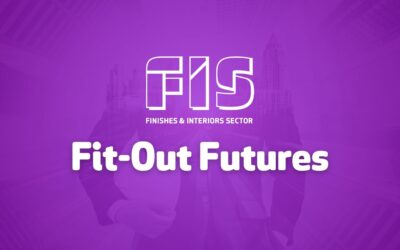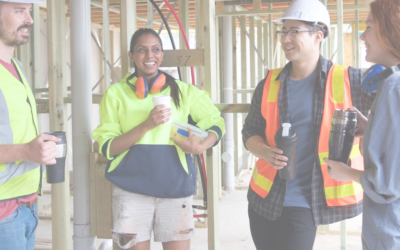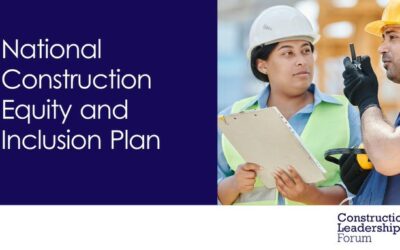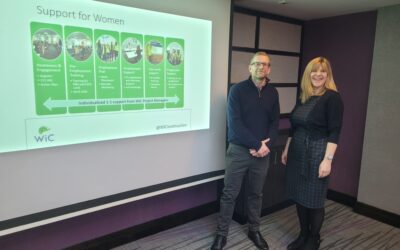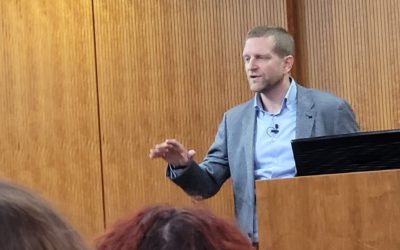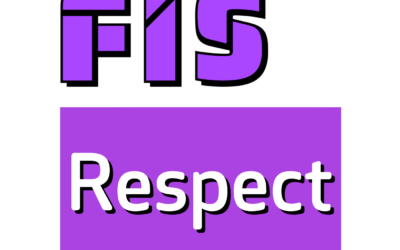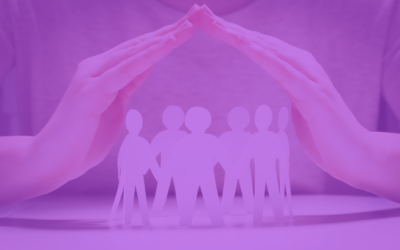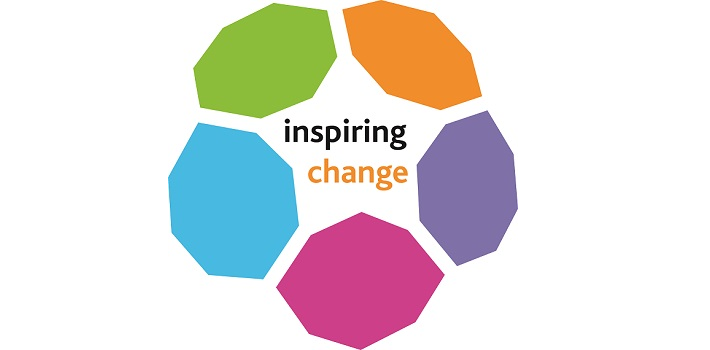Fairness, Inclusivity and Respect (FIR) Toolkit
Creating a working environment that encourages fairness, inclusivity and respect is more than a legal responsibility, it is a moral imperative and it makes good business sense.Fairness Inclusivity and Respect in the Finishes and Interiors Sector: It’s about us…
FIS is committed to promoting equality and diversity and combatting discrimination within our community and the wider finishes and interiors sector. This toolkit is designed to support and encourage individuals and businesses in the sector to celebrate, champion and encourage diversity.
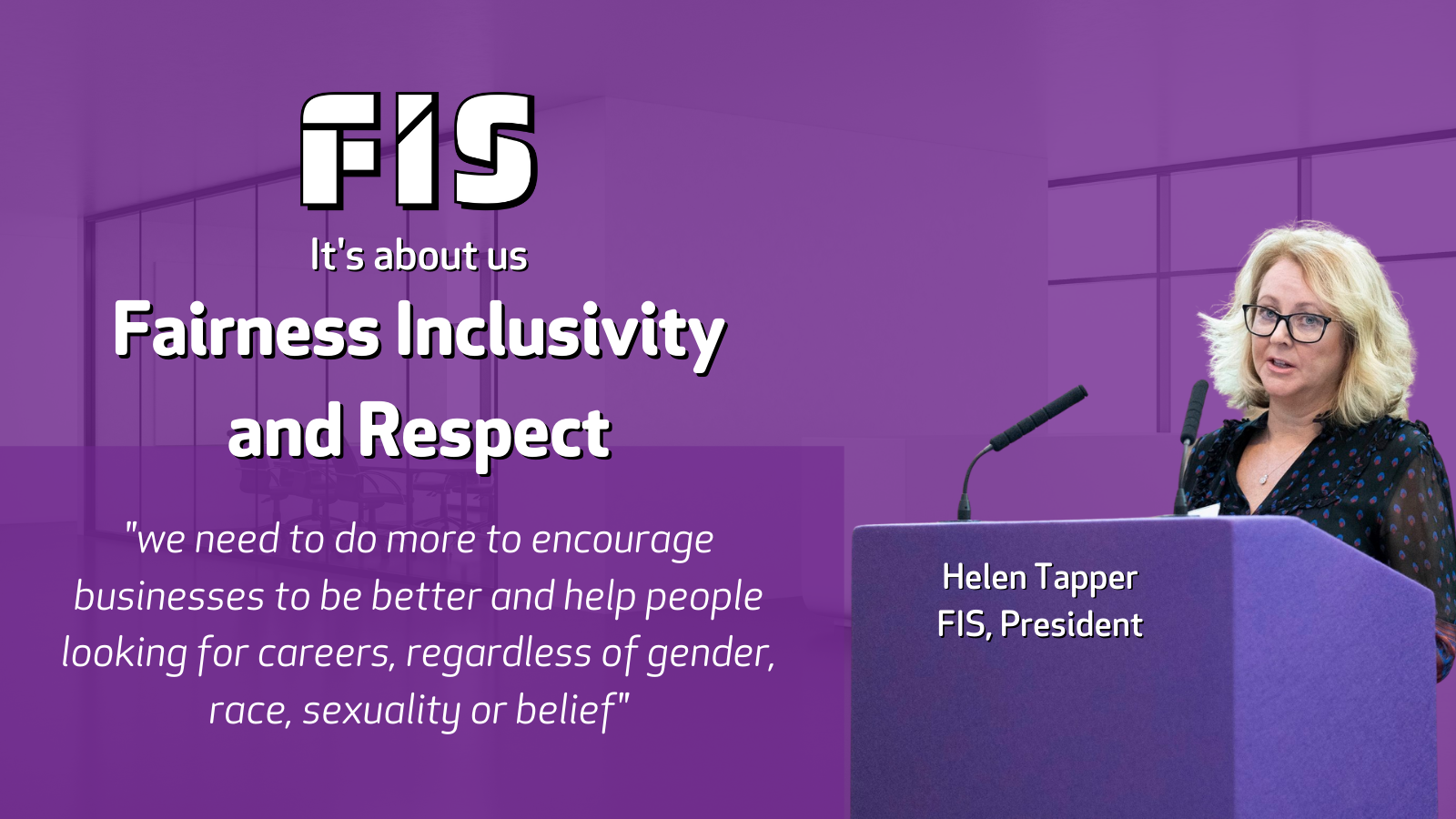
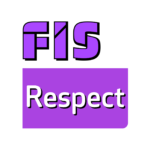 As the Trade Body for the £10 billion finishes and interiors sector, FIS is committed to encouraging equality, diversity and inclusion within our workforce and across the wider sector – eliminating unlawful discrimination and ensuring the sector and the businesses therein understand the importance and are equipped to support all individuals within our community. To help achieve this aim FIS have launched a new FIS Respect Policy. You can download a copy of the policy here – FIS Respect Policy (note it is in word format to support members in using as a template document to help develop their own policy).
As the Trade Body for the £10 billion finishes and interiors sector, FIS is committed to encouraging equality, diversity and inclusion within our workforce and across the wider sector – eliminating unlawful discrimination and ensuring the sector and the businesses therein understand the importance and are equipped to support all individuals within our community. To help achieve this aim FIS have launched a new FIS Respect Policy. You can download a copy of the policy here – FIS Respect Policy (note it is in word format to support members in using as a template document to help develop their own policy).
What do we mean by Fairness Inclusivity and Respect?
Making working life better for everyone
A community built on principles of equality
Fairness, Inclusivity and Respect (FIR) is about providing a workplace where there are equal job opportunities and fairness for all employees and job applicants. A focus on FIR is helps create an environment where diversity is valued and people feel respected – comfortable to be who they are. Ultimately it is about creating a workplace where everybody feels welcome and discrimination and bullying are eradicated.
Diverse Careers in Finishes and Interiors
What is it like to work in the finishes and interiors sector
This short video (developed to support the Women in Fit-out” campaign) looks at what it is like to work in the Finishes and Interiors Sector. The sector has a plethora of opportunities from trade occupations such as carpentry and joinery, plastering and drylining through commercial, surveying and design functions. To find out more about careers in the Finishes and Interiors Sector click here.
Some inspirational people working in the Finishes and Interiors Community
Sophie Newcombe, Senior Design Manager, ISG plc – Women represent only 11% of the construction workforce in the UK. Read our Interview with Sophie winner of the ‘Best Young Woman in Construction Award 2020’ who is set to become an inspirational role model to help change all that.
Jeanette MacIntyre, Founder Director and owner of Indeglas Ltd – After more than three decades working in construction and fit-out, during which she has helped to shape innovation and become a well-known and respected industry leader, Jeanette MacIntyre has weathered many a challenge.
Helen Tapper, Operations Director, Tapper Interiors and Current President FIS – Helen began her working life as an electrical engineer in the materials handling and logistics industry. Her move into the interiors sector came 17 years later while she was on maternity leave with her second daughter. She is currently President of the Finishes and Interiors Sector.
Apprentice of the Year 2020 – winner
Kennya Horton – Apprentice Carpenter, Stortford Interiors (UK)
The judges said: ‘Kennya is showing great determination to succeed in a male dominated profession. The effort she applies to learning, coupled with her skill level and enthusiasm, is truly exceeding expectations. It was interesting to read how, not only is she inspiring other apprentices and peers, but inspiring her mentors to enjoy delivering training and up their game.’
Lifetime Achievement Award 2020 – winner
Julie Anderson – Design Director, Rap Interiors
Julie has been heavily involved in the community and raising awareness of the sector to encourage young people to get into construction for many years. Described as a natural leader and outstanding communicator, she is always on hand to offer advice and support to colleagues.
Your legal obligations
Every company has a legal obligation to comply with the Equalities Act 2010. Under the Act your business is required to meet the requirements of the Public Sector Equality Duty (PSED). These are:
- Eliminate unlawful discrimination, harassment, victimisation and other conduct prohibited by the Act: by removing or minimising disadvantages suffered by people due to their protected characteristics.
- Advance equality of opportunity between persons who share a relevant protected characteristic and those who do not.
- Foster good relations between those with a relevant protected characteristic and those who do not.
The Protected Characteristics are Age, Disability, Gender reassignment, Marriage and civil partnerships, Pregnancy and maternity, Race, Religion and belief, Sex and Sexual orientation.
Pre-Qualification Questionnaires and the Common Assessment Standard (CAS)
Beyond your legal and moral responsibilities around FIR, demonstrating your focus on this is often an essential part of a tender process and will help you to win work and enhance your reputation in the market. Below we draw out some of the key questions that you need to consider as part of the Common Assessment Standard.
What is the corresponding percentage of disabled or disadvantaged workers?
Disabled worker:
- Is recognised as worker with disabilities under national law; or
- Has long-term physical, mental, intellectual or sensory impairment(s) which, in interaction with various barriers, may hinder their full and effective participation in a work environment on an equal basis with other workers.
Disadvantaged worker:
- Has not been in regular paid employment for the previous 6 months
- Is between 15 and 24 years of age
- Has not attained an upper secondary educational or vocational qualification (International Standard Classification of Education 3) or is within two years of completing full-time education and who has not previously obtained his or her first regular paid employment
- Is over 50 years of age
- Lives as a single adult with one or more dependants
- Works in a sector or profession in a Member State where the gender imbalance is at least 25% higher than the average gender imbalance across all economic sectors in that Member State, and belongs to that under represented gender group
- Is a member of an ethnic minority within a Member State including those who require development of his or her linguistic, vocational training or work experience profile to enhance prospects of gaining access to stable employment
- Is a care-leaver
- Is an ex-offender
- Is a recovering addict
- Has experience of homelessness
- Is a single parent
- Is a veteran
- Other (please specify)
Further information here
As an employer, do you meet the requirements of the positive equality duties in relation to the Equalities Act 2010?
Your equality policy which should be authorised by the chief executive or equivalent and regularly reviewed (within the last 12 months).
As part of the CAS you are required to provide copies of relevant instructions, guidance and policies including written statement/evidence of relevant actions which ensure that you meet the requirements of the positive equality duties in relation to the Equalities Act 2010. You are also expected to record , evidence of where you believe these policies have made a difference.
If you are a small micro-business, you are not required to provide evidence.
A structured approach to ensuring FIR policies are instilled within your business.
The Supply Chain Sustainability School – Fairness, Inclusion and Respect (FIR) programme is an open-source industry-wide initiative that aims to make workplaces better for everyone.
Included within this programme is a FIR Toolkit comprising of e-learning, toolbox talks and a resource library is freely available to any company that wishes to use it
THE PROGRAMME INCLUDES FREE ACCESS TO THE FOLLOWING E-LEARNING MODULES
FAIRNESS INCLUSION AND RESPECT
Achieving business success through FIR
FAIRNESS INCLUSION AND RESPECT
Setting up an inclusive site & site office
FAIRNESS INCLUSION AND RESPECT
Flexible working
For more information about accessing the Fairness, Inclusion and Respect (FIR) programme click here
FIR Ambassadors
FIR Ambassadors are in a special position to work closely within their organisation to promote the business benefits of FIR and the FIR Programme, share the very best practice on FIR and challenge non-inclusive procedures and behaviours within the workplace.
FIR Ambassadors can help businesses to:
- Demonstrate their commitment to FIR principles to clients, new recruits, employees and other stakeholders
- Improve workplace culture and become an employer of choice
- Share FIR knowledge, understanding and resources to support employee engagement and develop employees’ understanding of the business case for FIR
- Encourage the next generation to join the sector by promoting cultural change within the industry to make workplaces better for everyone
Find out more about training someone in your team up or becoming a FIR Ambassador yourself
Additional FIR Training & Accreditation
Fairness, Inclusivity and Respect Awareness (GET CODE2734) – The purpose of this CITB standard is to provide candidates with the knowledge relating to: equality and diversity.
Be FaIR framework and accreditation
The Be FaIR framework gives employers a structured way to develop and embed fairness, inclusion and respect (FIR) in their company. This approach allows employers to support their workers and grow their business.
The framework is made up of 5 core modules and supporting documents and templates. The content in each module is construction focused and role specific, and covers all the protected characteristics listed in the Equality Act 2010. The modules also include FIR guidance for leadership, recruitment, management, monitoring, training and procurement.
You can also get accredited for taking up the Be FaIR Framework and embedding it in your company.
Events promoting FIR in Construction
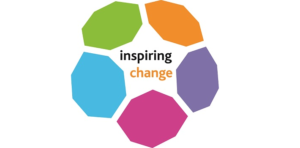 The Inspiring Change Conference and Awards has been postponed until Tuesday 9th November, 2021.
The Inspiring Change Conference and Awards has been postponed until Tuesday 9th November, 2021.
Closing Date to the Inspiring Change Awards Extended
With so many of us concentrating on issues relating to COVID-19, we are extending the closing date for entries to the Inspiring Change Awards and will continue to accept submissions until Friday 24th September, 2021
For more information click here
Women in Construction Week – 7th – 13th March 2021 – The focus of Women in Construction (WIC) Week is to highlight women as a viable component of the construction industry. WIC Week also provides an occasion for NAWIC’s thousands of members across the country to raise awareness of the opportunities available for women in the construction industry and to emphasize the growing role of women in the industry.
International Womens Day 8th March 2021 – International Women’s Day is celebrated annually on March 8, yet the global campaign theme continues all year long to encourage action. The International Women’s Day website is the go-to hub for everything IWD and provides detailed information, guidance and free resources.
Other Useful Resources, Groups and Campaigns that are supporting change
Useful Resources
ACAS Guidance on improving equality, diversity and inclusion in your workplace. This excellent and free to access support from ACAS includes template policies and tools to support you in improving understanding and instilling processes within your business.
Go Construct – Construction Industry Culture – What Has Changed? – The Industry Leading recruitment platform – Go Construct provides a range of resources designed to support and encourage FIR sharing a range of resources to support employers in targetting their recruitment effectively:
- Women In Construction – Why More Women Are Joining?
- Construction And Ethnicity – Inclusion of BAME Employees
- Construction and Disability – Changing perceptions
- LGBT+ In Construction! Find Out The Impact
- Construction And Refugees
- How to Promote Diversity – Tips To Promote)
Women in Construction UK Magazine – Women in Construction UK is a quarterly leading trade publication that is valued within the industry. Every issue of Women in Construction UK provides an update of news, current and upcoming projects, industry comment, training, interviews, articles, features, event news and product information – covering all areas of importance to our readers.
Disability Confident – Information about employing disabled people and how the UK Government’s Disability Confident employer scheme can help your business.
Groups and Networks that are supporting change
Building Equality – Building Equality is an alliance of construction consultants, engineers, developers, contractors, and institutions who are passionate about working together and harnessing our collective power to drive LGBTQ+ inclusion in the construction, engineering and built environment industry. We have presence across the UK, with 60+ organisations from the industry regularly participating in joint initiatives to support LGBTQ+ inclusion.
Women into Construction – The Women into Construction Project was developed on the Olympic Park to address the gender imbalance in construction. In January 2015 Women into Construction became and independent not-for-profit organisation to provide advice and guidance, training workplaces and jobs, to women interested in entering the construction industry.
The Construction BAME Network – The Construction BAME Network is an organisation dedicated to increasing representation of Black, Asian and Minority Ethnic (BAME) professionals within construction and the built environment.
Stonewall – their mission is to promote diversity in all people groups within communities, workplaces and institutions
Equality and Diversity Forum – this website is a national network of equality and human rights organisations
National Centre of Diversity – this charity helps businesses and organisations to develop and embed equality and fairness into their ethos and practices through learning and development
Building People is a cross construction network organisations that work with diverse and under-represented people.
Campaigns that may inspire you
Travis Perkins – Support Pride – to raise awareness and offer support, so that you or someone you might know, can feel comfortable being their authentic self in the workplace.
Morgan Sindall – winners of the Construction News 2019 Diversity and Inclusion Award – learn from how Morgan Sindall committed to harnessing and increasing the diversity of their workforce, creating an inclusive culture where everyone feels valued and respected for who they are

